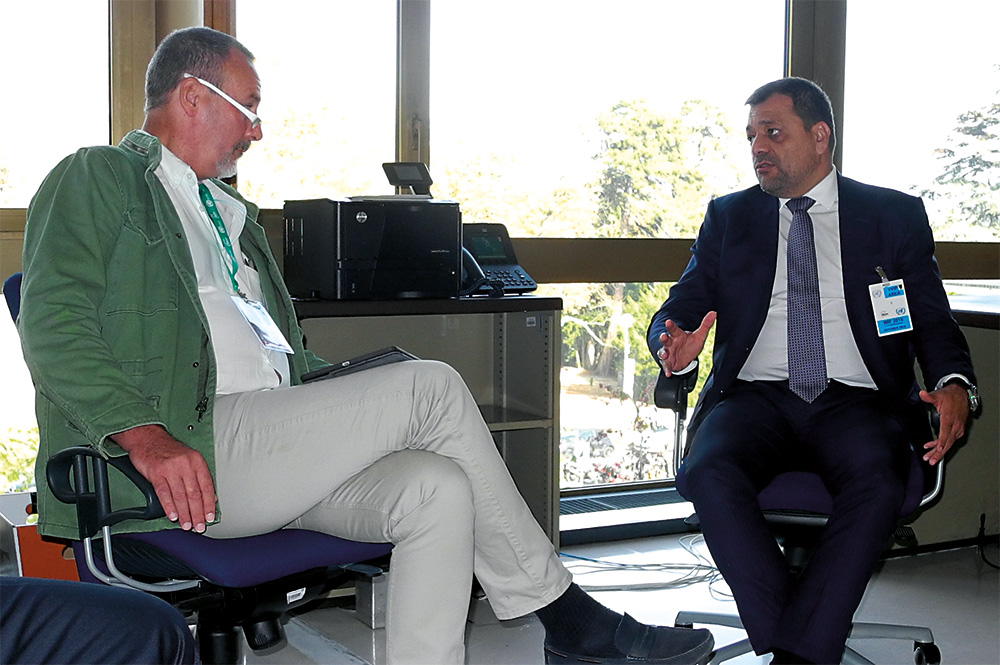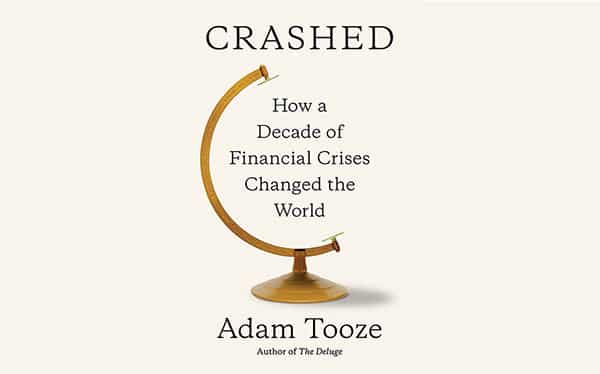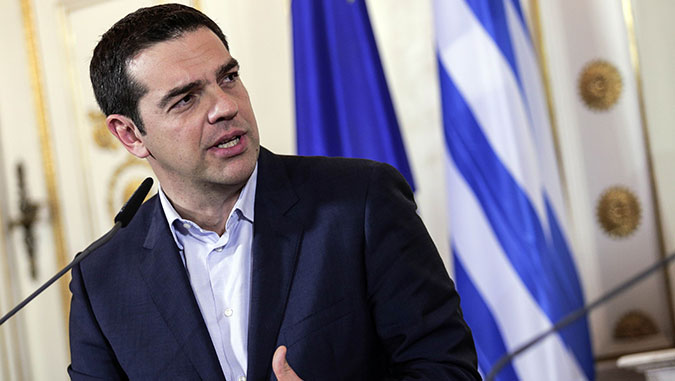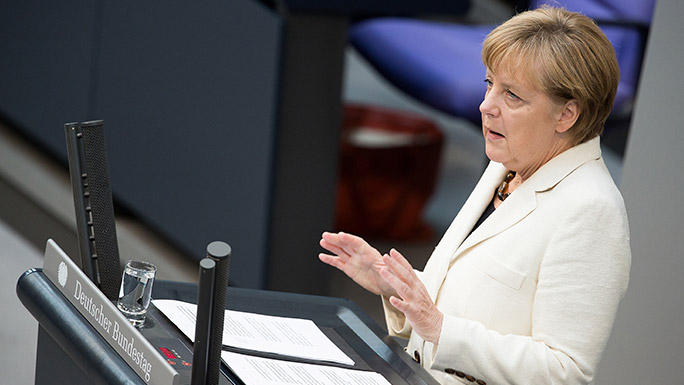[vc_row][vc_column width=”1/2″][vc_column_text]
Greece
The light green area is the rest of the European Union
Greece was the 50th largest economy in the world by nominal GDP in 2018. GDP per capita is $20,324 USD. It is a member of the EU and OECD. Services was the largest economic sector in 2018 (68 percent of GDP), followed by manufacturing (9.5 percent), and agriculture (3.7 percent). In 2017, the largest export sectors were services (50.5 percent), minerals (16.5 percent), and agriculture (10.85 percent). The largest individual exports were travel and tourism (26.4 percent), transport services (16 percent), refined petroleum (14 percent), and ICT services (7 percent). Its largest export partners were Italy (9.3 percent), Germany (7 percent), Turkey (6.7 percent), and Cyprus (6.1 percent). The largest goods imports were crude oil (14 percent), refined petroleum (5.87 percent), cargo ships and similar vessels (5.85 percent), and medicaments (3.82 percent). World War 2 devastated the country's economy, but the economy recovered quickly post-war due to reconstruction and the Marshall Plan. As was the case for much of the world, the oil shocks in the 1970s brought stagflation and increasing public debt. Public debt continued to grow rapidly during the 1980s as the government increased social spending. Pressure from the high level of public debt was relieved when Greece joined the euro. From 2000 Greece experienced high levels of GDP growth above the Eurozone average but public debt continued to increase despite Greece's commitment to the Growth and Stability pact. In 2010 Greece experienced a debt crisis after investors and rating agencies lost confidence in the government following repeated revelations of hidden debt and inaccurate statistics. Greece turned to the EU and IMF for help. The bail-out included controversial austerity measures which with the Greek governments initial reluctance to reform plunged the country into a protracted recession. In 2017, Greece returned to growth led by an increase in household spending and exports. Falling unemployment has also contributed as has an upward trend in consumer confidence.
[/vc_column_text][vc_column_text] Its population in 2018 was 11,142,161 [1]
Its population in 2018 was 11,142,161 [1]
 In 2015, 17.17% of its total energy
In 2015, 17.17% of its total energy
consumption was renewable [2]
 In 2021, its GDP grew by 8.34% [2]
In 2021, its GDP grew by 8.34% [2]
 In 2021 it had a negative Current
In 2021 it had a negative Current
Account Balance of US$bn 13.88 [3]
 Its unemployment rate in 2021 was 15.00% [3]
Its unemployment rate in 2021 was 15.00% [3]
 Its Expenditure on R&D (as a percentage of
Its Expenditure on R&D (as a percentage of
GDP) in 2020 was 1.50% [2]
What free trade areas or economic unions is it a member of?
Member of the European Union (EU) since 01/01/1981
Other members:
Austria, Belgium, Bulgaria, Croatia, Cyprus, Czechia, Denmark, Estonia, Finland, France, Germany, Hungary, Ireland, Italy, Latvia, Lithuania, Luxembourg, Malta, Netherlands, Poland, Portugal, Romania, Slovakia, Slovenia, Spain, Sweden
What trade deals are there between European Union and other countries and economic unions?
EU - Andorra Customs Union (from 01/01/1991)
European Single Market (SM) (from 01/01/1993)
EU - Sri-Lanka Co-operation and Partnership Agreement (from 01/04/1995)
EU - Türkiye Customs Union (from 31/12/1995)
EU - Faroe Islands Agreement (from 01/01/1997)
EU - Palestinian Authority Interim Association Agreement (from 01/07/1997)
EU - Tunisia Association Agreement (from 01/03/1998)
EU - Armenia Partnership and Cooperation Agreement (from 09/09/1999)
EU - Morocco Association Agreement (from 01/03/2000)
EU - Israel Association Agreement (from 01/06/2000)
EU - Mexico Global Agreement (from 01/10/2000)
EU - San Marino Customs Union (from 01/04/2002)
EU - Jordan Association Agreement (from 01/05/2002)
EU - North Macedonia Stabilisation and Association Agreement (from 01/04/2004)
EU - Pakistan Co-operation agreement (from 29/04/2004)
EU - Egypt Association Agreement (from 01/06/2004)
EU - Chile Association Agreement and Additional Protocol (from 01/03/2005)
EU - Algeria Association Agreement (from 01/09/2005)
EU - Lebanon Association Agreement (from 01/04/2006)
EU - Albania Stabilisation and Association Agreement (from 01/04/2009)
EU - Pacific States Interim EPA (from 20/12/2009)
EU - Montenegro Stabilisation and Association Agreement (from 01/05/2010)
EU - Central America Association Agreement (from 01/08/2013)
EU - Serbia Stabilisation and Association Agreement (from 01/09/2013)
EU - Bosnia and Herzegovina Stabilisation and Association Agreement (from 01/06/2015)
EU - South Korea Free Trade Agreement (from 01/07/2015)
EU - Kosovo Stabilisation and Association Agreement (from 01/04/2016)
EU - Georgia Association Agreement (from 01/07/2016)
EU - Moldova Association Agreement (from 01/07/2016)
EU - Canada Comprehensive Economic and Trade Agreement (CETA) (from 21/09/2017)
EU - Eswatini (SADC) Economic Partnership Agreement (from 05/02/2018)
EU - Lesotho (SADC) Economic Partnership Agreement (from 05/02/2018)
EU - Mozambique (SADC) Economic Partnership Agreement (from 05/02/2018)
EU - Namibia (SADC) Economic Partnership Agreement (from 05/02/2018)
EU - South Africa Economic Partnership Agreement (from 05/02/2018)
EU - Botswana (SADC) Economic Partnership Agreement (from 05/02/2018)
EU - Japan Economic Partnership Agreement (from 01/02/2019)
EU - Eastern and Southern Africa States free trade agreement (from 07/02/2019)
UK - EU Trade Deal (from 01/01/2021)
Member of the Organization of the Black Sea Economic Cooperation (BSEC) since 05/06/1998
Other members:
Albania, Armenia, Azerbaijan, Bulgaria, Georgia, Republic of Moldova, Romania, Russian Federation, Serbia, Türkiye, Ukraine
What trade deals are there between Organization of the Black Sea Economic Cooperation and other countries and economic unions?
None
[/vc_column_text][vc_column_text]What trade deals are there with other countries and economic unions?
None
[/vc_column_text][/vc_column][vc_column width=”1/2″][vc_column_text]Too Much of a Good Thing: Inflation Spike Puzzles ECB – Engage or Ignore?
Gabriel Chaleplis Leads the Way Into the Intelligent Future of Betting and Gaming
Vice-Prime Minister Kocho Angjushev: Pulling Macedonia Out of a Limbo and Into the European Union
Book Review by Kenneth Rogoff: Crash Time
EU Offers a Third Bailout: Greece Will Remain in the Eurozone but Austerity Stays too
All Eyes on Greece: Is the IMF Asking for More than PM Tsipras Can Deliver?
The Proposals from Greece: Prospects for a Deal Improve Dramatically
Playing with Fire: Greek Tragedy Reaches Climax
Stealth at the Helm: The Manifest Destiny of Angela Merkel
Ross Jackson: A Silver Lining to Europe’s Troubles
Trade with the United Kingdom
Source: UK Office for National Statistics, October 2022.
Contains public sector information licensed under the Open Government Licence v3.0.


























































































